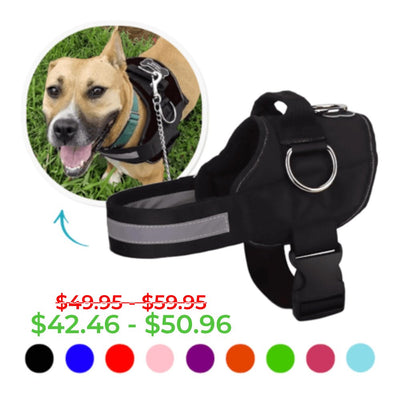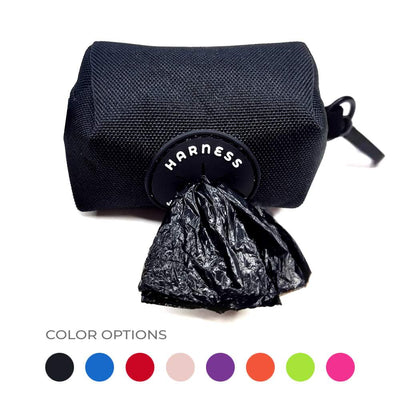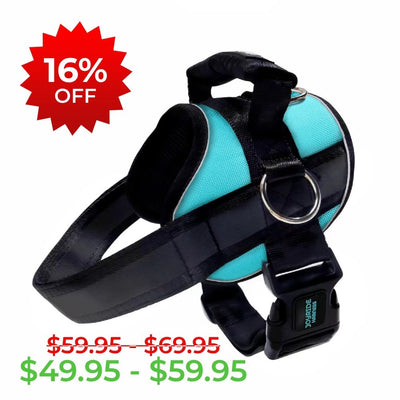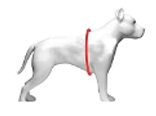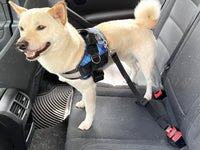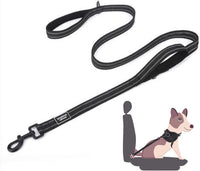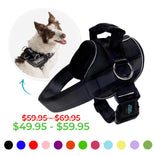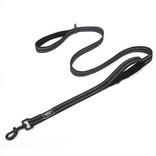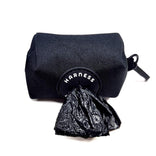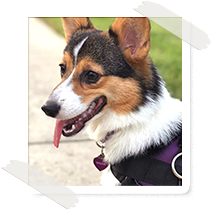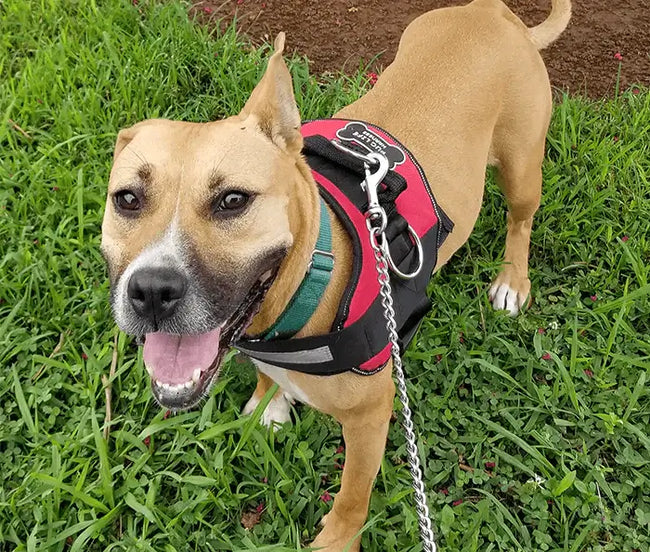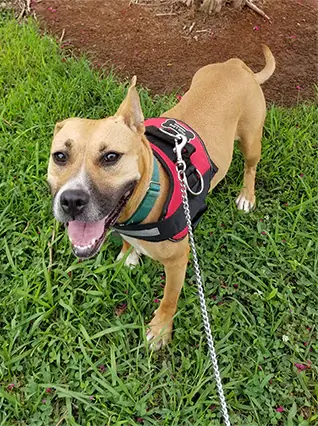5 Tips For Dealing With an Overprotective Dog
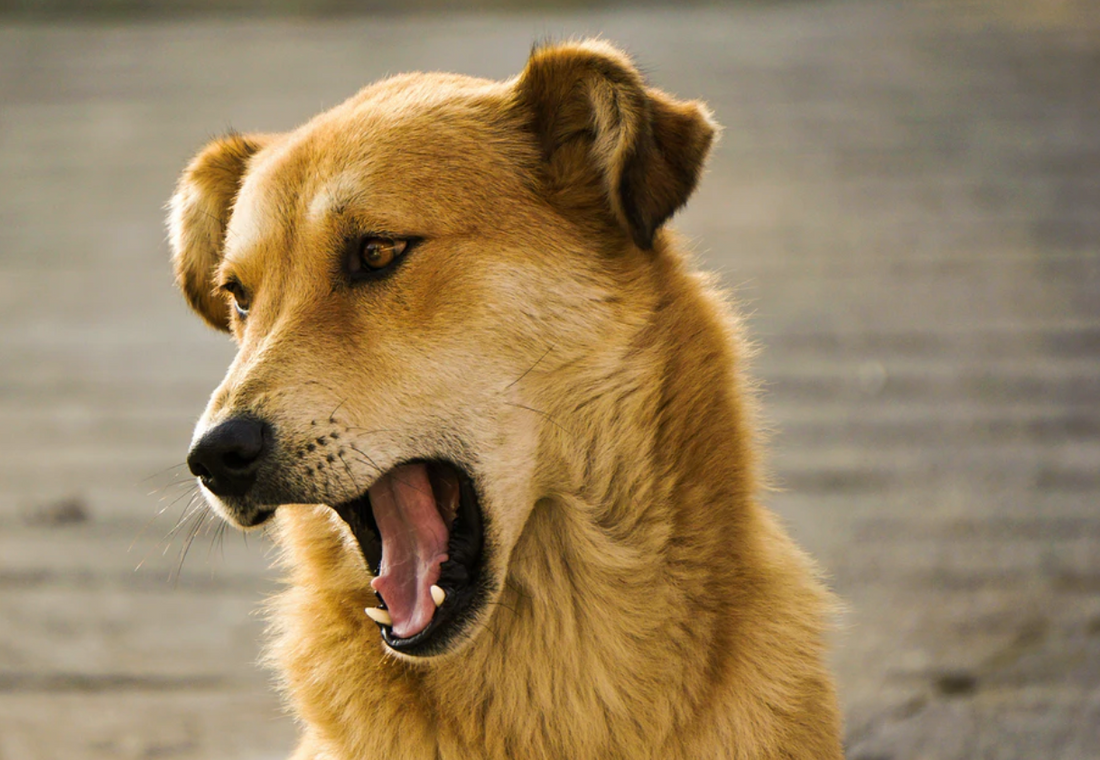
Your fur baby loves the heck out of you but maybe...sometimes...they are a little overboard about it. Many of us know the struggle of dealing with a territorial dog, and the territorial behavior can be a little difficult to manage at times. What are some tips for handling your territorial dog's aggressive behavior?
What causes your territorial dog's aggressive behavior and territorial aggression? While you may think their bark is worse than their bite, alleviating your dog's territorial aggression is important in their development for a quality life. In this blog post, we explore tips for dealing with an overprotective dog and their aggression.
Why do dogs exhibit territorial behavior?
According to the ASPCA, there are a few factors that play into your dog's display of territorial behaviors. Those factors include:
- Lack of early socialization
- Sexual maturation
- Environmental factors
- Inbreeding
- Pack mentality
- Underlying medical condition
Tip #1: Look out for the signs of a territorial dog.
Spotting early signs of territorial aggression with your fur baby can help you take action before the behavior further develops and unravels into aggressive displays. The early signs of a territorial dog show as them trying to separate you from another person by getting between you and that person and sometimes through growling and barking if someone nears or approaches you.
Tip #2: Leash your dog during visits or when you have visitors.
Overprotectiveness and territorial behavior can come from your dog feeling like they are in complete control. By setting boundaries with your dog and using a leash, you regain some control. As your dog becomes more comfortable with your friends and being around people, you can give some slack on the leash but maybe avoid using a long leash until their behavior alleviates.
Tip #3: Socialize your dog.
Like the ASPCA said, lack of socialization can yield an overprotective dog. You can still socialize your dog by inviting trusted friends or family members on walks while maintaining a calm and assertive demeanor. Any signs of nervousness can be read by your dog and cause your dog to behave with aggression. Do what you can to keep them calm but if you're struggling with socializing your fur baby, consult with an animal behaviorist and/or consider a professional trainer.
Don't forget: Training treats are always a plus to reward your fur baby for their good behavior!
Tip #4: Consider muzzle training for reactive dogs.
If your fur baby's aggression manifests through biting, you may want to consider muzzle training. This solution is not concrete for all dogs though. K9Aggression.com advises that "people can feel more confident when their dog is wearing a muzzle and this can help your dog stay calmer. However, while wearing a muzzle can prevent bites, it will not improve aggression and can potentially make aggression worse if misused."
Tip #5: Give your dog more mental and physical stimulation.
When your dog has pent up energy and lack of mental stimulation, this can turn into a restless dog and at times spiral into territorial behavior. Up their activity levels with walks, playtime, puzzle toys, and more to encourage mental and physical stimulation.
This is just a sampling of tips and informational posts we offer at Joyride Harness. You can find more content including tips and tricks and how-tos for caring for your dog on our blog in this section.


